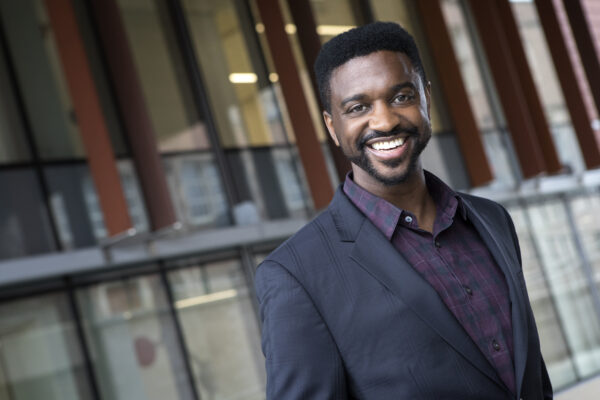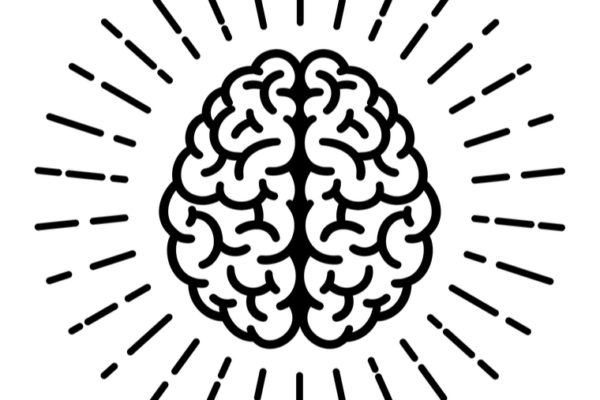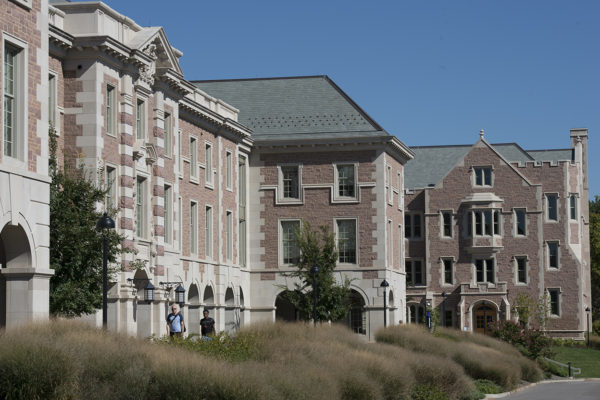Juba receives CAREER award for artificial intelligence research
Brendan Juba at the McKelvey School of Engineering at Washington University in St. Louis will take a close look at relationships and generalization in artificial intelligence with a National Science Foundation CAREER award.
Agonafer receives CAREER award for evaporation research
Damena Agonafer, assistant professor at the McKelvey School of Engineering, received a five-year $500,000 CAREER award from the National Science Foundation for research into different modes of heat transfer during evaporation.
Diving in to how our brains process information
Why don’t you eat your friend’s lunch when you are hungry? Cognitive control. Researchers at the School of Engineering & Applied Science and Arts & Sciences at Washington University in St. Louis are working together to better understand this aspect of cognition.
NSF announces new Science and Technology Center
The National Science Foundation (NSF) has added a newly formed collaboration between Washington University in St. Louis and the University of Pennsylvania to its list of Science and Technology Centers (STC). The new center, one of just 12 nationally, will be supported by a $23.6 million NSF grant to study the mechanics of plant and animal cells. This deeper dive into how single cells function could transform both medicine and plant science.
Physicist Yang receives NSF CAREER award
Li Yang, PhD, assistant professor of physics in Arts & Sciences at Washington University in St. Louis, has received a five-year CAREER grant, expected to total $475,000, from the National Science Foundation.
Washington University part of group awarded $20 million for climate variability research
As part of a multi-institutional $20 million effort, researchers at Washington University in St. Louis will conduct several studies, including one that uses medical imaging on plants to see what’s broken or about to break inside (pictured). Four university researchers will receive funding from the National Science Foundation to support work aimed at helping Missouri plants and crops adapt to climate variability.
Gill, Lu to promote safety of cars, planes and other cyber-physical systems
Christopher Gill, PhD, has received a four-year, $398,000 grant from the National Science Foundation to promote the improved safety of cyber-physical systems such as cars and planes.
Improving undergraduate STEM education is focus of new national initiative
Washington University in St. Louis is one of eight Association of American Universities (AAU) member campuses selected to serve as project sites for the association’s five-year initiative to improve the quality of undergraduate education in science, technology, engineering and mathematics (STEM) fields at its member institutions, AAU officials announced today.
How smart is your company?
Which companies get the biggest bang for their buck when it comes to R&D? Olin Business School professor of strategy Anne Marie Knott believes there is a strong correlation between certain characteristics of companies and their R&D practices. Effective R&D is a sign of firm with high IQ. But just what makes a company smart? Professor Knott is on a mission to measure firms’ IQ and how to improve it. Video included.
Americans have the best chance of becoming wealthy if they marry but remain childless, study shows
Photo courtesy of Tom Paule PhotographyMarrying for love … and money.Becoming wealthy and creating a happy family are two key components to achieving the American Dream, but do marriage and children have any impact on your chances of becoming rich? “Marriage substantially increases a person’s likelihood of becoming affluent,” says Mark R. Rank, Ph.D., professor of social work at Washington University in St. Louis and co-author of a study out this month that looks at earnings over the course of a person’s lifetime. “Having children, however, significantly lowers the probability of becoming wealthy for all people,” Rank adds.
View More Stories




